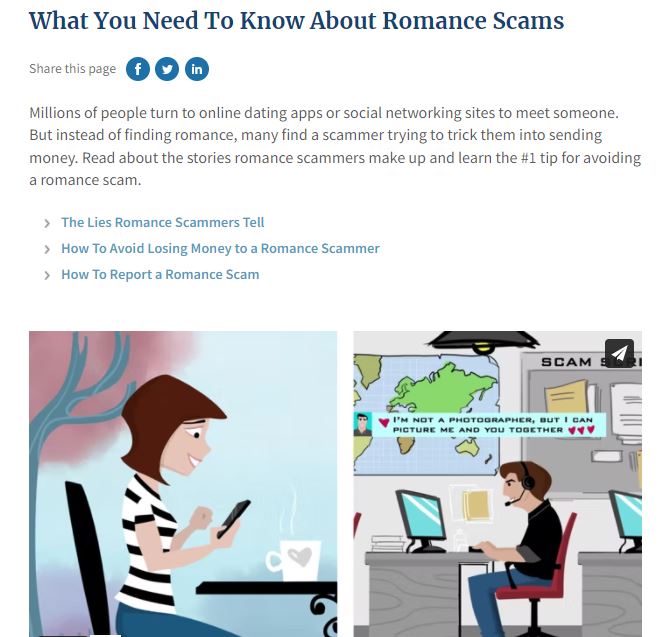In its latest security alert, the U.S. Federal Trade Commission (FTC) warned citizens that online romance scams increase sharply during Valentine’s Day, with scammers around the world posing as so-called “sugar daddy,” “sugar mommy” or “sugar baby” in order to trick victims and get easy money.
As you may recall, a romance scam occurs when a user is contacted via email or social media platforms by a stranger who feigns a romantic interest in the potential victim, trying to gain their trust and employing all sorts of lies to obtain bank transfers, gift cards, and other benefits.

Threat actors also often use photographs taken from the Internet to impersonate attractive young people, getting users to share details and sensitive content, which would also allow for sextortion campaigns.
The Commission also reports that phishing scams grow excessively every year during the second week of February, with all kinds of malicious content being sent to users around the world in the form of a love letter, including malware, spam and links to insecure websites, among other threats.
Finally, it is necessary to remember that dating apps can also be useful for the deployment of romantic scams, since these platforms sometimes do not have the appropriate security controls to prevent the use of fake profiles.
As a security measure, the FTC recommends not interacting with strangers online, especially if they show loving intentions, as this is most likely an attempted scam. Remember to also keep an always-on email security filter to prevent malicious software from entering your system.
To learn more about information security risks, malware variants, vulnerabilities and information technologies, feel free to access the International Institute of Cyber Security (IICS) websites.
He is a cyber security and malware researcher. He studied Computer Science and started working as a cyber security analyst in 2006. He is actively working as an cyber security investigator. He also worked for different security companies. His everyday job includes researching about new cyber security incidents. Also he has deep level of knowledge in enterprise security implementation.
